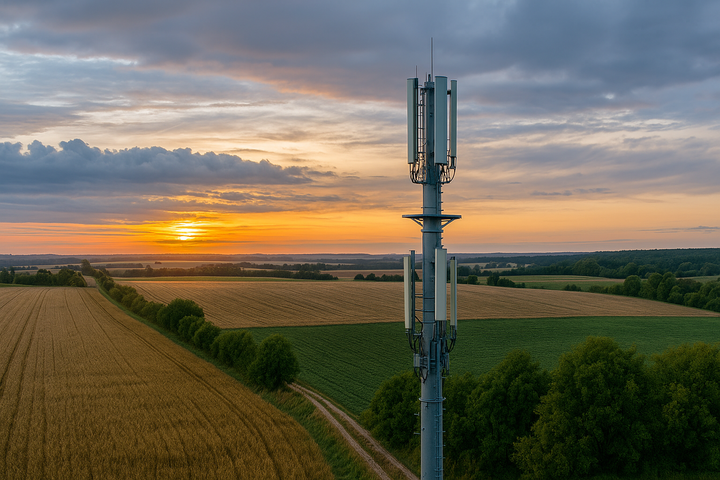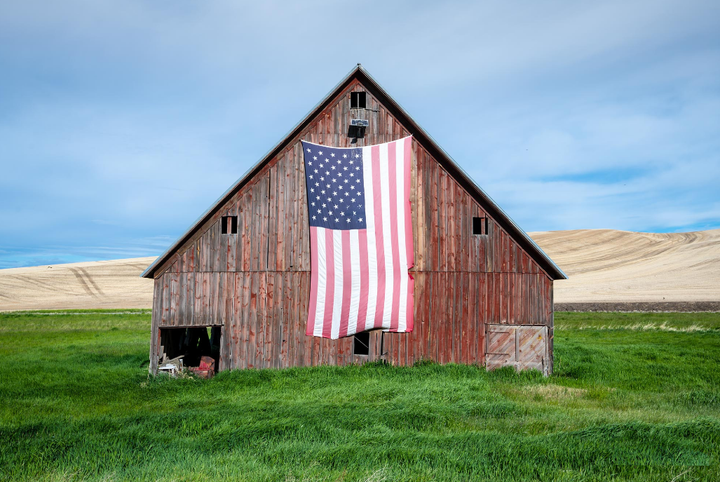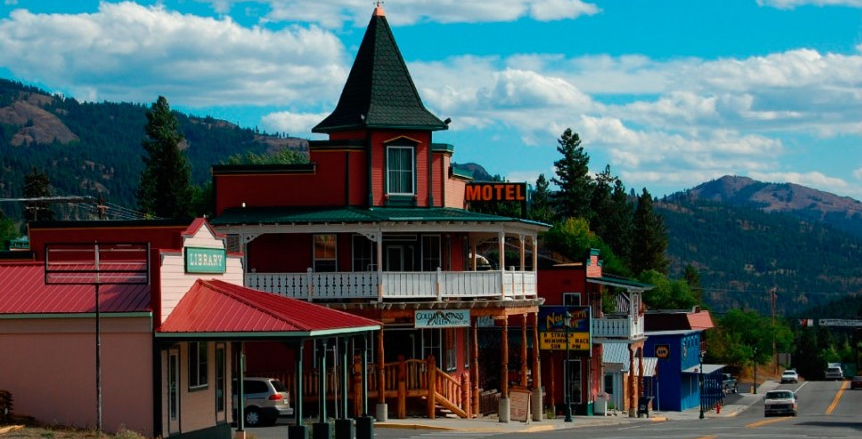The Quiet Liquidation: What the Land-Sale Bill Reveals About America’s Vanishing Stewardship
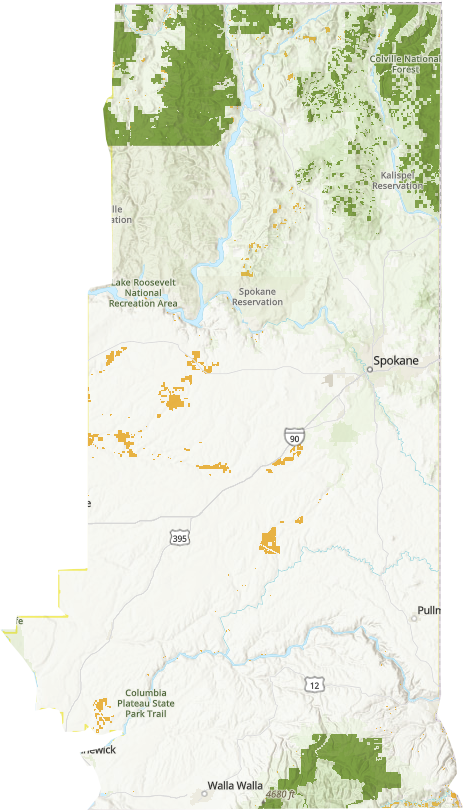
A Premonition in the Pines
At the northeastern edge of Washington State lies the Salmo-Priest Wilderness, untouched and elemental. It is one of the last places where the original ecology of the Inland Northwest still breathes: ancient cedars, grizzly bears, the rare echo of woodland caribou. For tribal communities, it is sacred ground. For biologists, a living fossil. For generations of hikers, hunters, and gatherers, it is a place of passage.
And now, under a single line in a sprawling Senate reconciliation bill, it may be sold to the highest bidder.
A Bill Disguised as Management
Advanced with minimal fanfare by Senate Republicans, the bill is designed to bankroll President Trump’s 2026 budget agenda, but its deeper implications are vast. With a single provision, it opens the door to mass liquidation of public lands: more than 250 million acres across 11 Western states, from alpine wilderness to desert plateaus. In Eastern Washington, entire ecosystems, recreational corridors, and tribal treaty lands now hang in the balance.
There are no meaningful exemptions. Wilderness Study Areas, roadless areas, Areas of Critical Environmental Concern, protected wildlife zones, and even treaty lands may be sold to any interested party, with no requirement for environmental review.
The provision was inserted not as a standalone policy, but embedded deep in reconciliation language, where scrutiny seldom reaches.
The Ideological Engine
The proposed land sell-off aligns seamlessly and strategically with Project 2025, the sweeping policy agenda crafted for a second Trump presidency. In its vision, public lands are not sacred commons or ecological legacies, they are government “assets” to be offloaded, exploited, or transferred. Privatization is not a possibility; it is a priority.
“The federal government owns and controls too much land—especially in the western states… These lands should be privatized, sold to the highest bidder, or turned over to states for management.”
—Project 2025: Mandate for Leadership, Chapter 6: “Energy and Environment”
The point isn’t merely to balance a budget. It’s to end the idea that public lands should exist at all.
Who Profits?
Buyers will come. Land bankers, hedge funds, international wealth groups, and resource giants. The American West has seen this before: absentee landowners who lock out hunters, fragment habitat, or extract and abandon.
In Washington’s 5th District, where ranching and recreation overlap, the risk is acute. Logging interests, industrial-scale ranchers, and out-of-state developers are well-positioned to absorb land parcels stripped of oversight.
Who is Left Out?
Tribal nations.
The bill does not offer a right of first refusal to tribal governments. This omission may violate the federal trust responsibility and undermine treaty-reserved rights on ancestral lands. It does not require consultation. It does not recognize sacred sites. Delano Saluskin, Chairman of the Yakama Nation Tribal Council, has said of similar development projects: “Our medicines, foods, lands, and waters are sacred to us... These sacred places… have been threatened by development without consultation with, or consent from, our sovereign tribes. This is unacceptable.”
The Senate bill takes that same disregard for tribal sovereignty and enshrines it in federal law.
The Most Sacred Landscape
Nowhere in Eastern Washington is the threat more concentrated than the Salmo-Priest Wilderness. Created in 1984, protected through decades of public and tribal advocacy, it is the spiritual, ecological, and cultural heart of the region.
And it is eligible for sale.
There is no clause that protects it.
The region includes inventoried roadless areas and designated critical habitat for grizzly bears and woodland caribou. These federal protections would vanish under the Senate bill.
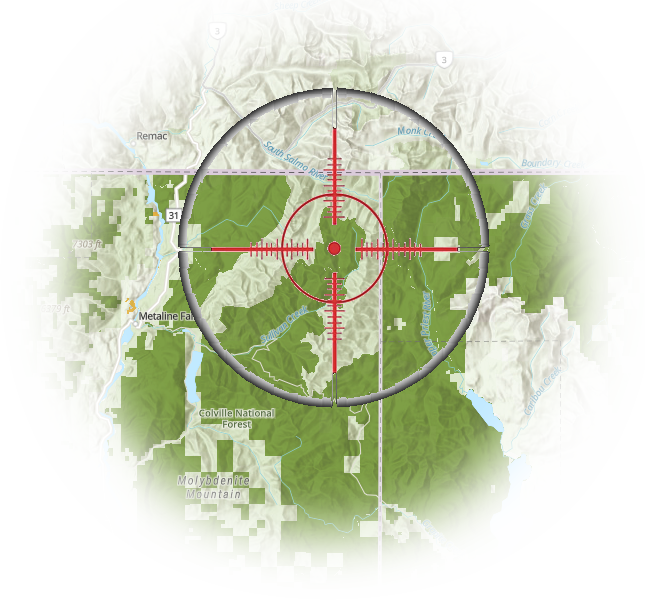
The Silence of Rep. Michael Baumgartner
Lawmakers from across the political spectrum have raised alarms. Senator Patty Murray, Washington’s senior senator and chair of the powerful Appropriations Committee, has been one of the most forceful voices opposing the land-sale provision. She has called it a reckless betrayal of public trust. One that would strip away protections from millions of acres without public input or environmental review. In her words, it is “an attack on the places we hike, hunt, fish, and pass down to our kids.”
She’s not alone. Democrats like Reps. Jared Huffman (CA), Mike Thompson (CA), and Joe Neguse (CO) have all condemned the proposal. So have Republicans; Sens. Jim Risch and Mike Crapo of Idaho, and Rep. Ryan Zinke of Montana, who know their constituents value public land as much as anyone.
And they have good reason. In Washington alone, nearly 12.2 million acres are federally managed: roughly one-third of the state’s total land. Much of that lies east of the Cascades, where forests, mountains, and tribal territory define the landscape. The Colville National Forest alone spans 1.5 million acres, nearly all of it within the 5th Congressional District. Portions of the Okanogan-Wenatchee and Mt. Baker-Snoqualmie National Forests also fall within district lines. These are not abstract numbers. They are real places where families camp, tribes harvest medicine, and rural economies survive.
In practical terms, that means hundreds of thousands, potentially millions of acres across northeastern Washington are at risk.
But Rep. Michael Baumgartner, whose district would absorb the brunt of this fallout, has said nothing. No public objection. No defense of his district’s land, economy, or tribal sovereignty.
His silence is conspicuous, and deeply out of step with both parties.
This is not neutrality. It is complicity.
The Financial Knife Edge
Outdoor recreation in Washington generates $20.5 billion annually, supporting thousands of jobs in rural counties. Over $4.6 billion of that comes from out-of-state visitors: people drawn to trails, rivers, and wild places that may no longer remain public.
If sold, these lands may become inaccessible. That means fewer visitors, lower incomes, closed businesses. This is not hypothetical. It is the slow suffocation of a rural economy, masked as budget policy.
A Pattern of Extraction
This isn’t the first time the Trump coalition has aimed to liquidate public goods. It did so with Medicaid, with food assistance, with labor protections. Each time, the frame is the same: austerity for the public, profit for the private.
The land is simply the latest casualty.
What Remains
The ridgelines are still here. The meadows, the trailheads, the eagle nests. But the contract is broken.
A nation does not endure by selling off its soul.
In Eastern Washington, that soul is stitched into the landscape. And if this bill passes, that soul is for sale.
